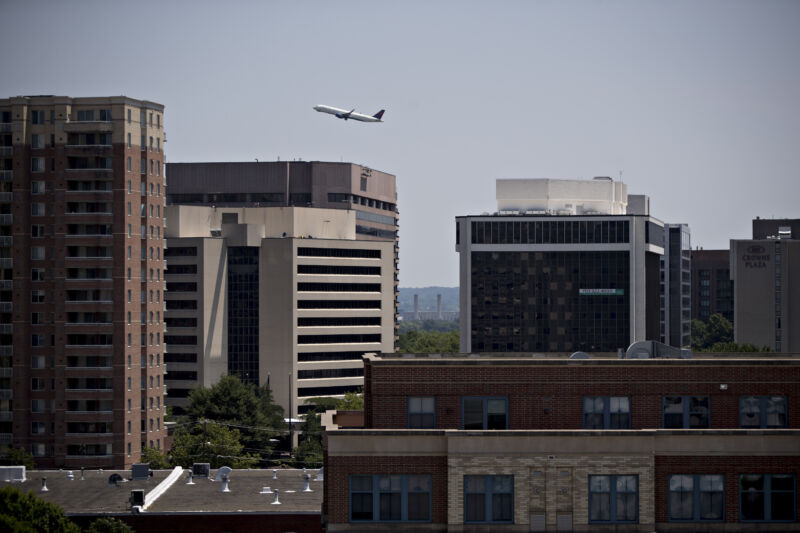
Amazon is planning to spend $2 billion over the next five years to invest in affordable housing in the three cities where its major offices have helped jack up housing prices, the company said today.
The company will be using loans, lines of credit, and grants to “preserve and create” 20,000 committed affordable units for low- to moderate-income families in the general areas around Seattle, Nashville, and Arlington, Virginia, where it has a large corporate presence, Amazon said in a press release this morning.
“Affordable housing” is generally defined as priced to be within reach of families making 80 percent or less of the area median income. Amazon specifically is targeting households coming in between 30 and 80 percent of the area AMI. The AMI for the Washington, DC, metro area, including Arlington, is $126,000, and so basically any household making between $37,000 and $100,800 falls within that range. In Seattle, the AMI is $119,400, and so that window would include households making between approximately $35,800 and $95,500.
Amazon has already made two significant investments in affordable housing in those regions, the company added. The first is a combination loan-and-grant package of $340 million it granted the Washington Housing Conservancy to acquire an apartment complex, Crystal House, in Arlington.
“We don’t have control over how the [housing] markets respond to a large employer coming into the market or expanding in the market, but we can play a role in how Amazon’s growth is impacting our local communities,” Catherine Buell, head of community development for one of Amazon’s philanthropic arms, told The Wall Street Journal. “Particularly as we’re expanding our corporate presence, we’re working to get ahead of the issue as much as we can.”
Amazon’s pledge won support among affordable housing advocates in Virginia. “We’re thrilled that Amazon is really making a quantum leap in their investment in affordable housing,” Nina Janopaul, president and CEO of the Arlington Partnership for Affordable Housing, told Ars. Amazon contributed $1 million to an APAH project in 2020, Janopaul added, “and we look forward to helping to accelerate the development of affordable homes in Arlington with their support.”
Corporate support for affordable housing initiatives from Amazon has also helped boost support at the state level, Janopaul added, which benefits everyone. “So I think it’s a great partnership, that corporate leadership, and then that helps to motivate government leadership. They work in synchrony.”
The Amazon effect
Amazon has been based in Seattle for more than 20 years, so its effect on the local housing market has been slow to build and not always easy to separate out from other factors affecting the city. Over in Virginia, however, Amazon’s much-ballyhooed 2018 “HQ2” announcement had a visible and immediate effect on already-high housing costs.
Arlington has been an expensive place to live for decades, and a major building boom in “luxury” condo and apartment developments near Metro stations over the past 10 to 15 years has only accelerated the upward trend. Amazon’s announcement that it would take office space in an Arlington neighborhood—Crystal City, a stone’s throw from both the Pentagon and Reagan National Airport—added even more fuel to the fire.
In the six months after Amazon made its HQ2 announcement, housing prices in Arlington County rose by almost 18 percent. Speculators jumped in first, within days of the deal becoming public, but regular high-income earners who just wanted to live near Amazon jobs weren’t far behind. By August 2019, Redfin had dubbed Arlington and neighboring Alexandria the most competitive housing markets in the country.
The housing crunch in Arlington is not only terrible for low-income families but challenging for middle-class households as well. When the county published its annual profile in July, the average value of a single-family detached home was $949,500 ($805,000 for a townhouse). Rents are also high: the average rent in Arlington in the 2020 report was $2,024 for a one-bedroom apartment, $2,627 for a two-bedroom, and $3,367 for a three-bedroom.
There are currently about 8,300 committed affordable units in Arlington, so Amazon’s pledge to create thousands more will indeed significantly expand that number. As in California, however, corporate philanthropy can only go so far without an overhaul of local policy to fill in the missing housing gaps.
https://arstechnica.com/?p=1733234

